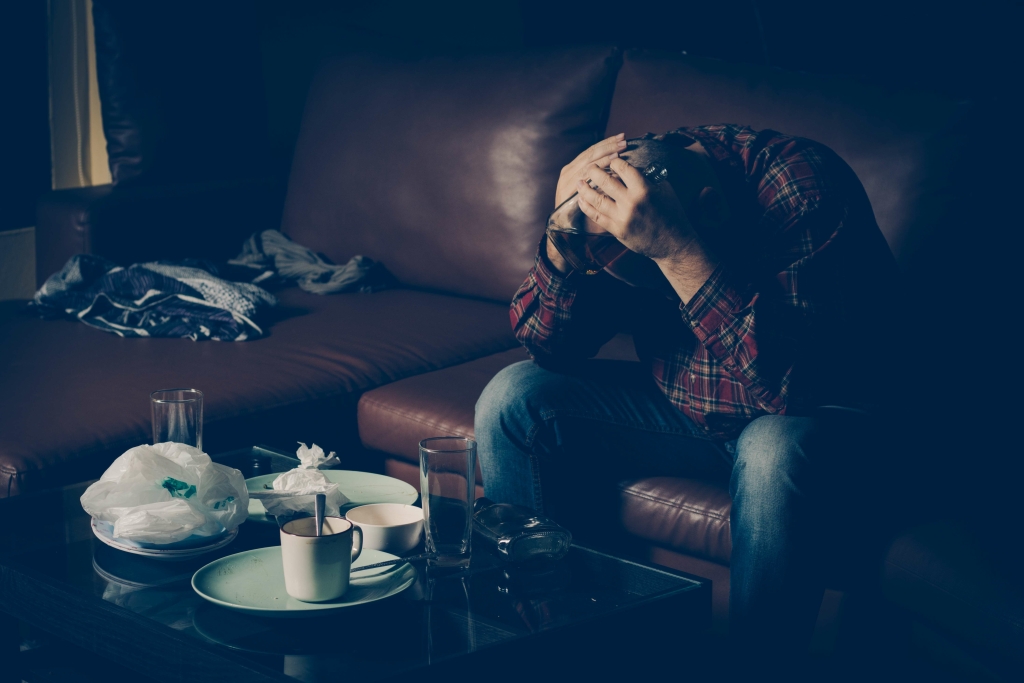6 Common Fears in Addiction Recovery and How to Face Them
People will assume you drink and will be very curious about why you don’t have a drink in your hand when they do. Before I quit drinking, I never really used to care about dividing the bill down the middle with a group. At some point after college, it just didn’t matter if someone had a meal that was four dollars more than mine, https://www.cyber-life.info/the-key-elements-of-great-17/ or if they ate more edamame, or even if they had one more drink than I did. Not only because my portion of the check is significantly smaller than anyone else at the table, but also because I refuse to invest in Big Alcohol. While making the decision to be sober was the best thing I’ve ever done, it’s also one of the hardest.

Sober Recovery Expert Author
Maybe these people have been in your life since childhood, and you’ve all fallen into the same trap. If a booked social calendar is important to you, you’ll find ways to be proactive and realign what you do to fit your new lifestyle. After a while, https://photointerview.ru/mediki/jenergeticheskij-napitok-pljus-alkogolnyj-koktejl.html you’ll be enjoying life on entirely different terms. The great thing about sobriety is that it enables you to find joy in things you previously took for granted, like eating a delicious meal or playing with your two-year-old daughter or niece.
You’re Afraid of Withdrawal Symptoms.
It’s not uncommon, then, to be afraid of what life will be like without these substances to help you to manage stress, family members and other challenges. The first step in addressing a fear of sobriety is acknowledging the fear itself. Once you recognize and accept that you’re afraid, you can begin to address the underlying causes with specific strategies.
Reach Out Today to Learn More!
- If your friends don’t want to hang out with you unless you’re drinking, then you know where you stand with each other.
- It’s also your chance to show them what to do if they should experience depression—or any other mental health issue.
- Biosensors monitor physical changes, detect alcohol use, and identify relapse risk.
- To avoid relapse and remain sober, it’s important to develop healthy relationships.
- If a booked social calendar is important to you, you’ll find ways to be proactive and realign what you do to fit your new lifestyle.
Take a look at our state of the art treatment center. Worrying about it constantly will only strengthen your fears and lessen your resolve to do anything. https://bernow.ru/pregnancy-planning/umer-li-lil-kto-takie-lil-repery-lichnaya-zhizn-lil-pump.html It’s a convenient cop-out we’re all guilty of using. You don’t have to produce some hidden, superhuman strength to be successful at sobriety.
Be Aware of Relapse Signs

I don’t think it’s change that you’re so afraid of. If you didn’t want to change, you wouldn’t bother to get sober. Here are some common fears in sobriety and what you can do to manage them.

- That’s six hard, beautiful, glorious years during which I not only stopped drinking, but also finally moved on from all recreational drugs as well as a history of bulimia.
- The process can be uncomfortable, particularly for someone who is afraid of feeling in general.
- Additionally, I examine the way mental and physical health as well as our relationships with others impact the reasons people drink and their role in maintaining sobriety long-term.
Leave a Reply